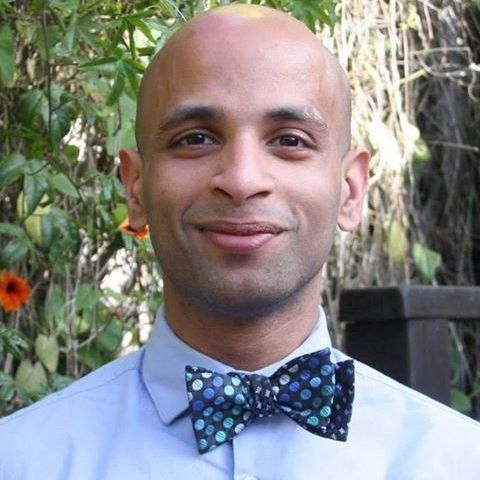
In important areas of law, such as the vested rights doctrine, and in several important cases — including those involving the continued validity of same-sex marriages and the Affordable Care Act — courts have scrutinized the revocation of rights once granted more closely than the failure to provide the rights in the first place. This project claims that in so doing, courts seek to preserve important constitutional interests. On the one hand, based on our understanding of rights possession, rights revocation implicates autonomy interests of the rights holder to a greater degree than a failure to afford rights at the outset. On the other hand, the institution revoking rights is more likely to exhibit impermissible behavior when taking away rather than failing to provide the right.
This is the first of two articles, and tackles the first of the project’s claims. It examines the autonomy interests of the rights holder that are implicated in rights revocation. It relies on philosophical understandings of ownership, backed by empirical research, to argue that our identities and indeed, our ability to think of ourselves as separate beings apart from the collective, are partially based on what we possess at a given point in time. The rights we possess both allow us to do things that aid in our flourishing and allow us to conceive of ourselves as individuals. Important legal concepts, such as the vested rights doctrine, among others, rely on this understanding of rights.
However, the notion of rights, possession, and revocation are all constructed and subject to contestation. Courts and other institutional actors often face adversaries making (conflicting) rights claims. They must determine when a change in rights allocation is a rights revocation or a restoration of the status quo ante. In taking sides, courts and legislatures adopt rights revocation/restoration frames, claiming that the winners have rights that are being restored, and that losers never had rights to begin with, or that their rights existed temporarily subject to correction. In so doing, institutional actors also shore up their own legitimacy, often at the cost of each other. This dynamic provides an insight, not just into the work that rights do in constructing individuals, but also in developing institutional legitimacy. It shows how institutions themselves exploit rights claims in order to — consciously or not — further their own agendas.